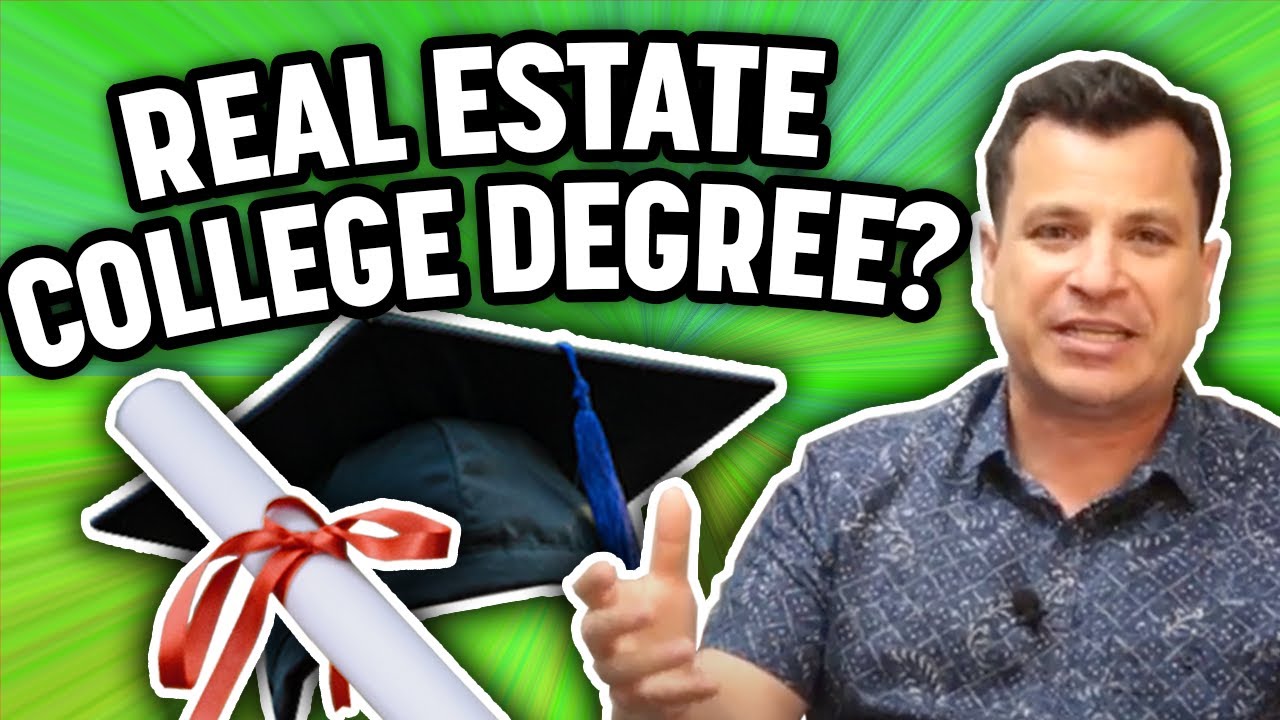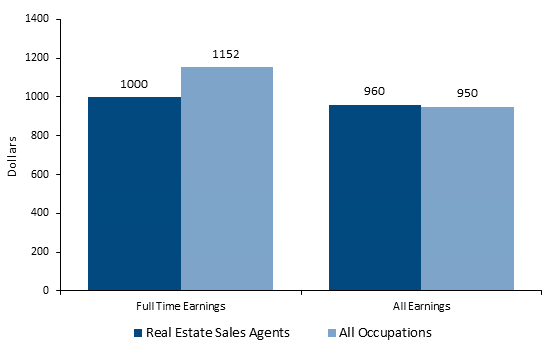
No matter whether you're selling or buying a home, you need to know the closing costs. They vary from one state and can range between 6 to 10% of the selling price. These costs include the 6% broker fees, escrow fee, appraisal fees. Building flip tax, legal fees and other miscellaneous charges. These costs are generally paid by sellers, but sometimes the buyer will be required to cover some.
The type of mortgage chosen will impact the amount you have to pay for seller costs. For example, you may have to pay for an upfront insurance premium of $1,750 on every $100,000 you borrow. FHA financing requires that you purchase annual mortgage insurance. You will need to pay higher rates for multifamily properties with at least four units.
The cost of selling or purchasing a home may include a survey of the property, prorated taxation, and termite removal. Unpaid homeowner's association dues or liens against your property should be paid.

Other options can be explored, including a lower rate for owner's insurance. It is important to discuss any concessions you might be eligible with your agent. Some areas require the seller to pay the costs of attorney fees or a settlement attorney. If the seller is willing to pay, discuss the impact on the net proceeds.
If you are looking to purchase a home in New York City, you will have to pay a NYC Transfer Tax. This fee is levied jointly by the New York State Department of Finance and the City. The tax for sales below $500k is 1%, while sales above $500k are 1.425%.
New York State Transfer Taxes must be paid in addition the NYC Transfer Tax. They can range from 1% to 2.075% for multi-family properties, and as low as 0.1% for single family homes. The municipality or county may also charge recording fees. These fees can be found at the National Conference of State Legislatures.
If you are looking to sell a home in New York, you should consult a qualified real estate agent. They will be able explain the process and assist you in negotiations. They will be able give you an estimate of what closing costs you will need.

Apart from these closing costs, you'll also need title insurance. This insurance covers you against any future title problems. Depending on your lender, you may have to pay for an inspection of your property. In order to make your property more desirable, you might need to make some repairs. If your equity is low you may have the need to pay closing costs out of pocket. You should look into different providers if you are able.
FAQ
Is it better buy or rent?
Renting is usually cheaper than buying a house. It is important to realize that renting is generally cheaper than buying a home. You will still need to pay utilities, repairs, and maintenance. You also have the advantage of owning a home. You will be able to have greater control over your life.
How much does it take to replace windows?
Windows replacement can be as expensive as $1,500-$3,000 each. The total cost of replacing all of your windows will depend on the exact size, style, and brand of windows you choose.
What is a Reverse Mortgage?
Reverse mortgages allow you to borrow money without having to place any equity in your property. It allows you to borrow money from your home while still living in it. There are two types available: FHA (government-insured) and conventional. If you take out a conventional reverse mortgage, the principal amount borrowed must be repaid along with an origination cost. FHA insurance will cover the repayment.
Can I get a second loan?
Yes. However, it's best to speak with a professional before you decide whether to apply for one. A second mortgage is often used to consolidate existing loans or to finance home improvement projects.
Statistics
- This means that all of your housing-related expenses each month do not exceed 43% of your monthly income. (fortunebuilders.com)
- This seems to be a more popular trend as the U.S. Census Bureau reports the homeownership rate was around 65% last year. (fortunebuilders.com)
- It's possible to get approved for an FHA loan with a credit score as low as 580 and a down payment of 3.5% or a credit score as low as 500 and a 10% down payment.5 Specialty mortgage loans are loans that don't fit into the conventional or FHA loan categories. (investopedia.com)
- Private mortgage insurance may be required for conventional loans when the borrower puts less than 20% down.4 FHA loans are mortgage loans issued by private lenders and backed by the federal government. (investopedia.com)
- Based on your credit scores and other financial details, your lender offers you a 3.5% interest rate on loan. (investopedia.com)
External Links
How To
How to find real estate agents
Real estate agents play a vital role in the real estate market. They sell homes and properties, provide property management services, and offer legal advice. Experience in the field, knowledge of the area, and communication skills will make a great real estate agent. Look online reviews to find qualified professionals and ask family members for recommendations. Local realtors may also be an option.
Realtors work with both buyers and sellers of residential real estate. It is the job of a realtor to help clients sell or buy their home. A realtor helps clients find the right house. They also help with negotiations, inspections, and coordination of closing costs. Most realtors charge commission fees based on property sale price. However, some realtors don't charge a fee unless the transaction closes.
There are many types of realtors offered by the National Association of REALTORS (r) (NAR). NAR membership is open to licensed realtors who pass a written test and pay fees. Certified realtors are required to complete a course and pass an exam. NAR has set standards for professionals who are accredited as realtors.